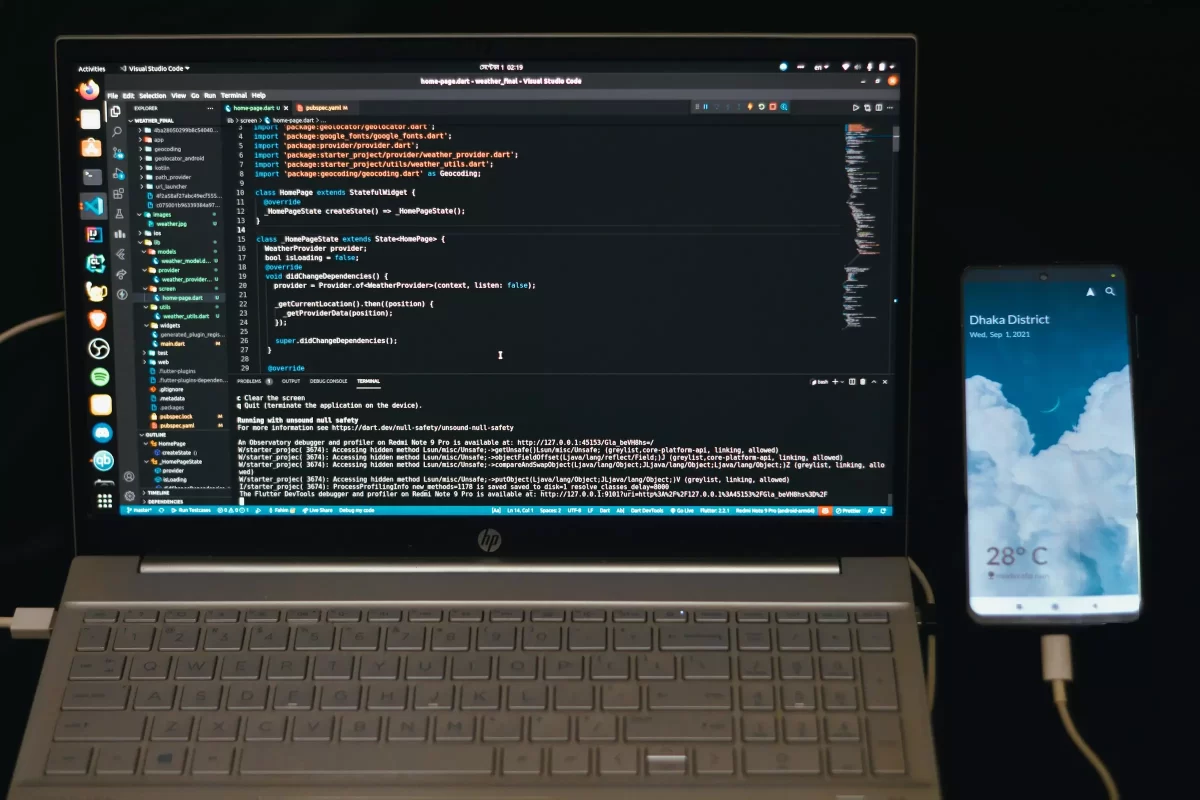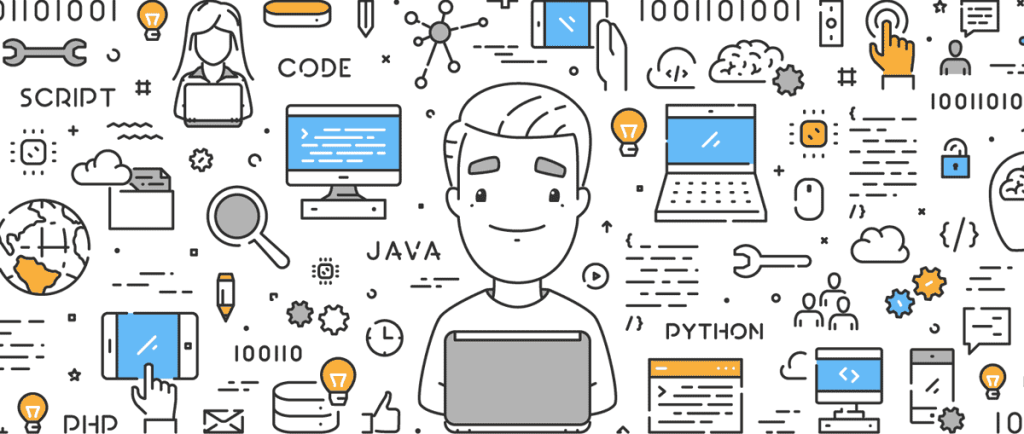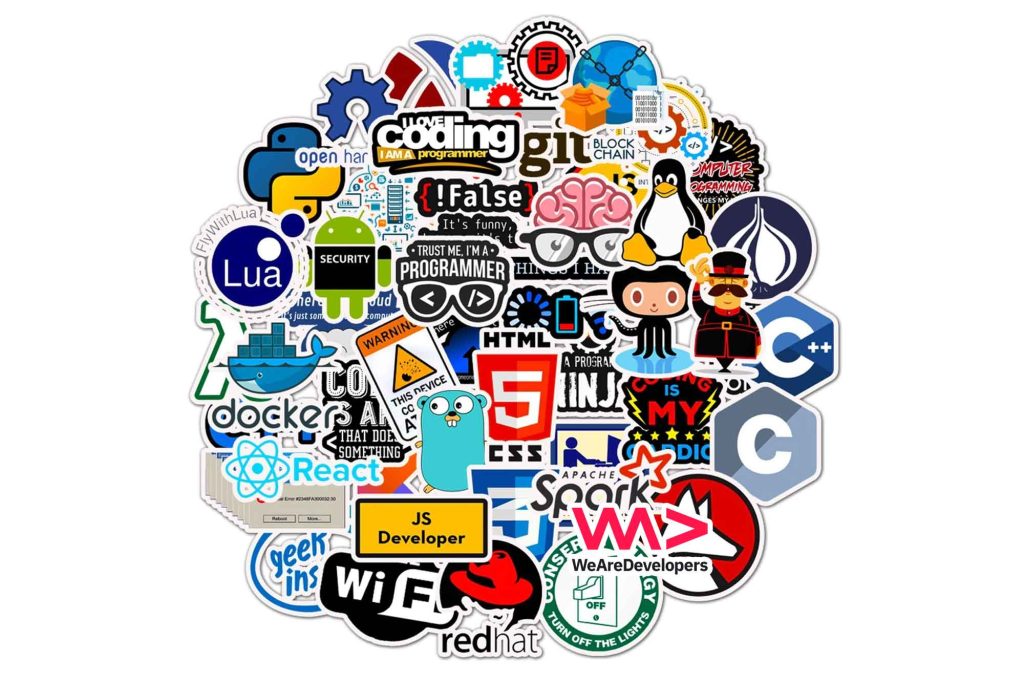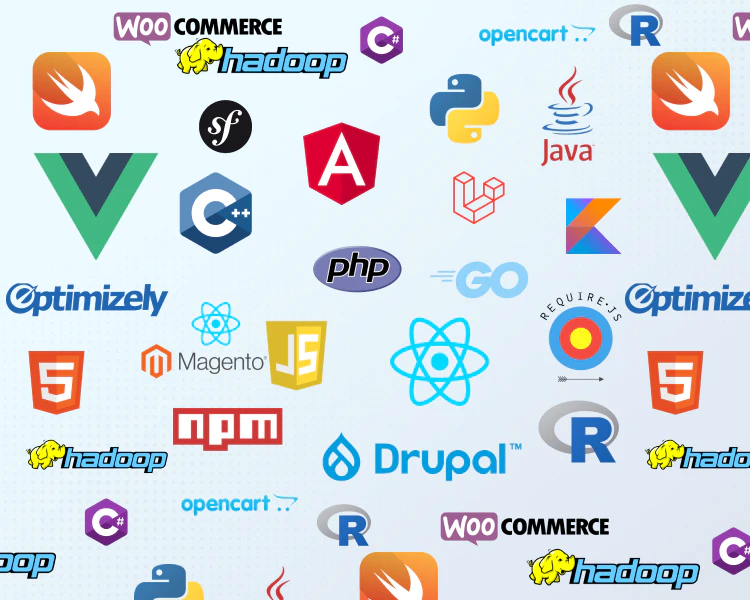In the digital age, mobile apps have become an integral part of our lives, offering convenience, entertainment, and productivity at our fingertips. However, as the popularity of mobile apps continues to rise, so does the importance of safeguarding user data. Mobile app security is not just an option, but a necessity in today’s interconnected world. In this blog post, we will explore the best practices that developers and businesses should implement to ensure the security of user data within their mobile applications.
- Encryption is Key: One of the foundational pillars of mobile app security is encryption. All sensitive data, including user credentials, personal information, and financial data, should be encrypted both during transmission and storage. Implementing end-to-end encryption ensures that even if data is intercepted, it remains indecipherable to unauthorized parties.
- Regular Security Audits: Conducting regular security audits is crucial to identify vulnerabilities and potential threats in your mobile app. Hire security experts to perform penetration testing and vulnerability assessments to proactively discover weaknesses that could be exploited by malicious actors. This ongoing process will help keep your app resilient against emerging threats.
- Secure Authentication and Authorization: Implement strong authentication mechanisms, such as multi-factor authentication (MFA), to prevent unauthorized access to user accounts. Additionally, ensure that authorization protocols are well-defined, limiting user access to only the necessary parts of the app. This reduces the risk of data breaches due to compromised credentials.
- Keep Software Up-to-Date: Regularly update your app’s software components, libraries, and frameworks to the latest versions. Outdated software can contain vulnerabilities that hackers can exploit. By keeping your app’s underlying technology stack up-to-date, you’ll benefit from patches and security enhancements provided by the software vendors.
- Educate Users About Security: Empower your users by educating them about mobile app security best practices. Provide them with tips on setting strong passwords, enabling security features, and recognizing phishing attempts. Informed users are more likely to take steps to protect their own data.
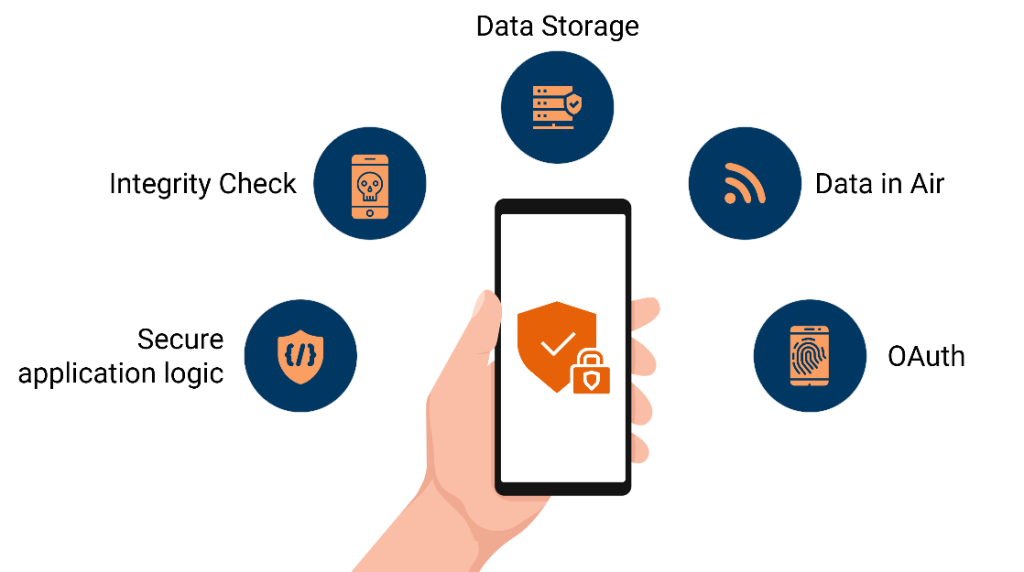
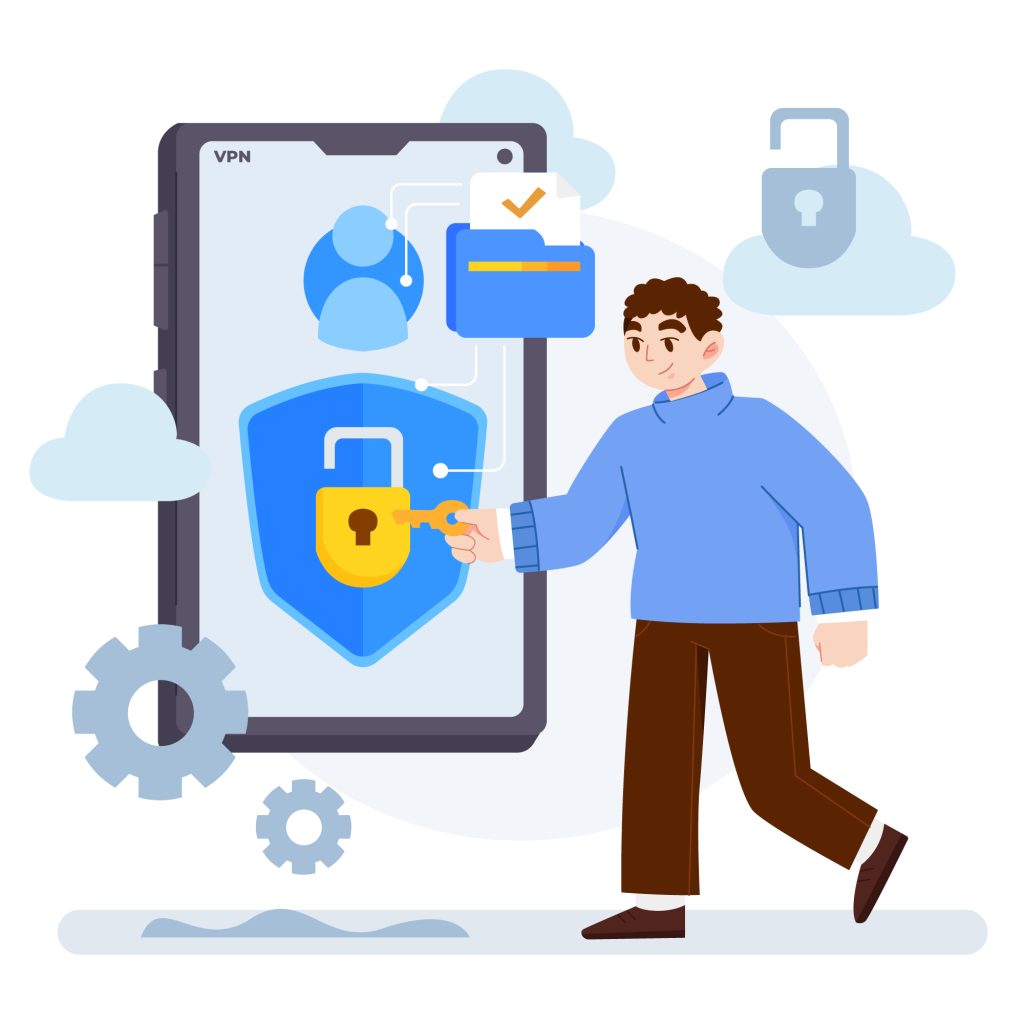
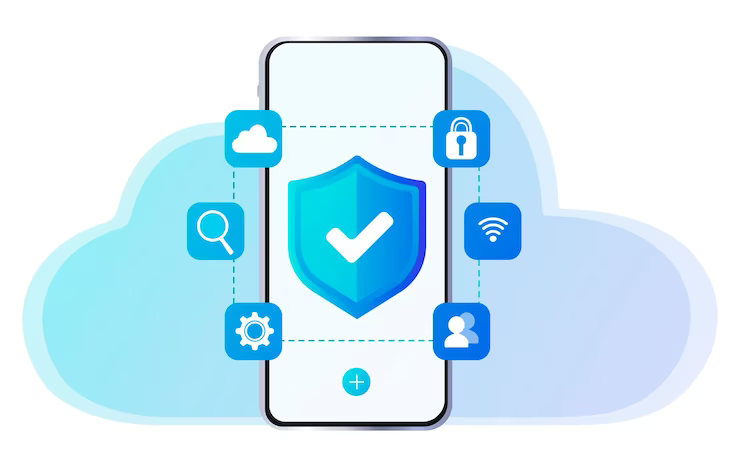
In conclusion, the fusion of cloud computing and mobile apps has ushered in a new era of technological innovation. The synergy between these two trends amplifies the capabilities of both, benefiting businesses and users alike. By harnessing the power of cloud computing, mobile apps can provide unparalleled accessibility, scalability, security, and user experiences, making it a match truly made in IT heaven. As technology continues to advance, the partnership between cloud computing and mobile apps will undoubtedly shape the future of digital interactions and experiences.

